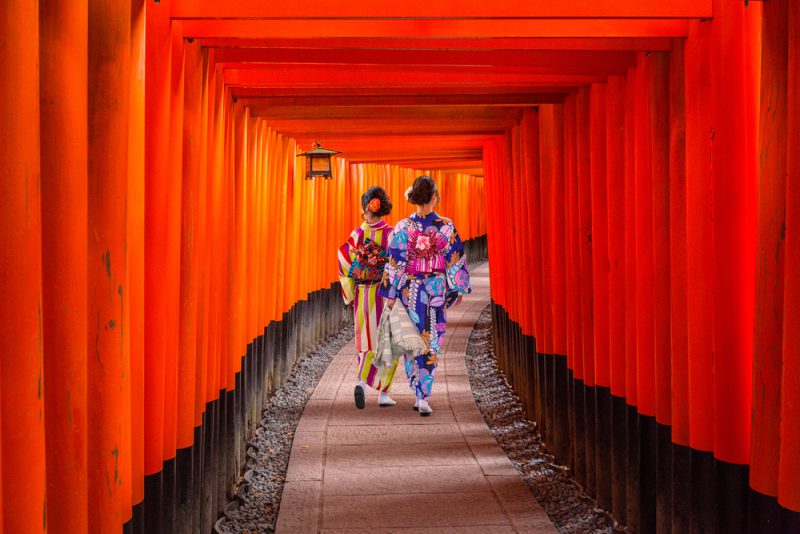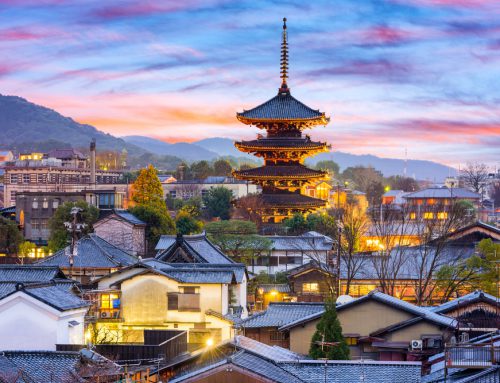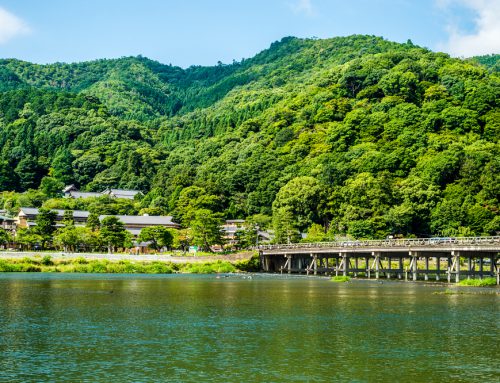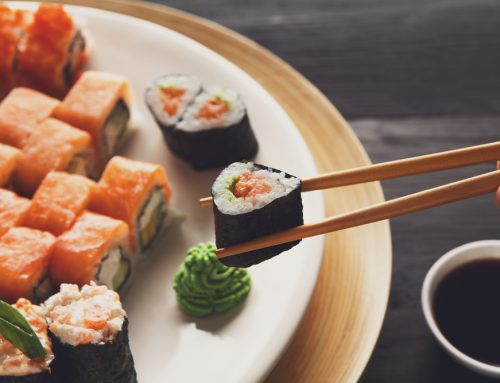Japan is a country of deep tradition, respect for nature and cutting-edge modern technology. These cultural traits somehow create a harmonious blend of past and present, spilling over into everyday life. It’s quite common for travellers to return from Japan with a feeling of enlightenment and appreciation for the “greater good.” Here are just a few ways that travelling to Japan will very likely make you a better person.
Patience
In almost every society, patience is touted as a virtue – but in Japan, it’s not just a platitude to post on your refrigerator door. Patience is engrained in every aspect of Japanese society, and your first test comes when trying to navigate the train system. Not only must you adapt to new situations, you’ll also develop the art of communicating with the Japanese people. Visit a Buddhist temple to learn the Zen Buddhist concept of Gaman, which translates as “enduring the seemingly unbearable with patience and dignity.”
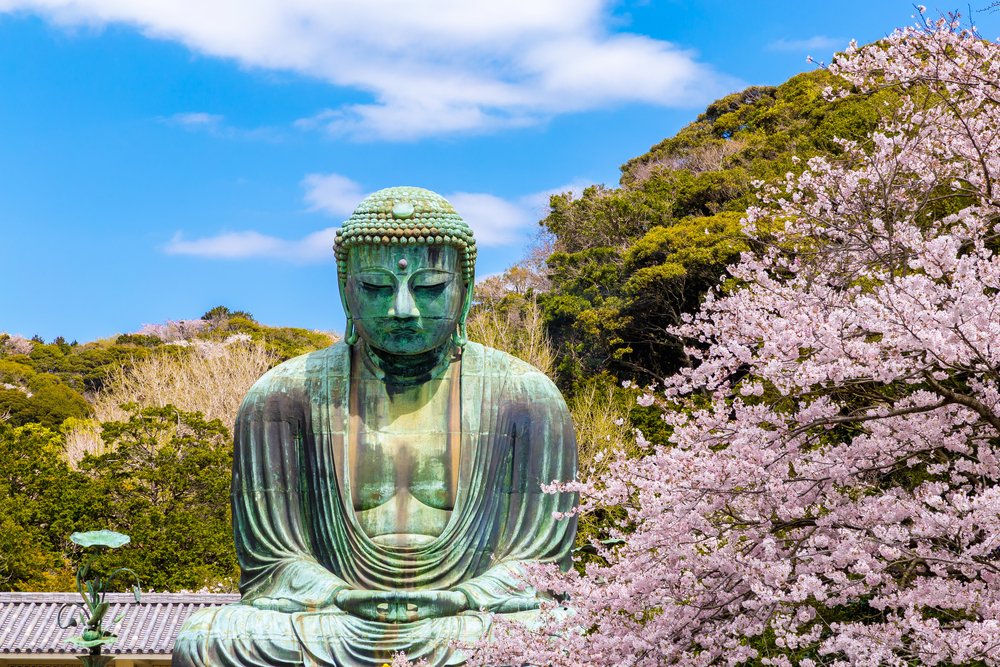
Confidence
If you can conquer Japan as a tourist, you can do just about anything. Cultivating language and communication skills while exploring unknown territory is one of the quickest ways to gain confidence. Japan is one of the best countries in the world for stepping outside your self-imposed comfort zone, as the people will go out of their way to offer guidance and support.

Appreciation
Experiencing different cultures invariably makes you appreciate your own! It’s easy to take things for granted when living within your carefully protected environment, never stepping out to see things from a different perspective. Traveling to Japan opens your eyes and fosters a deep appreciation for how intricate and diverse the world really is.
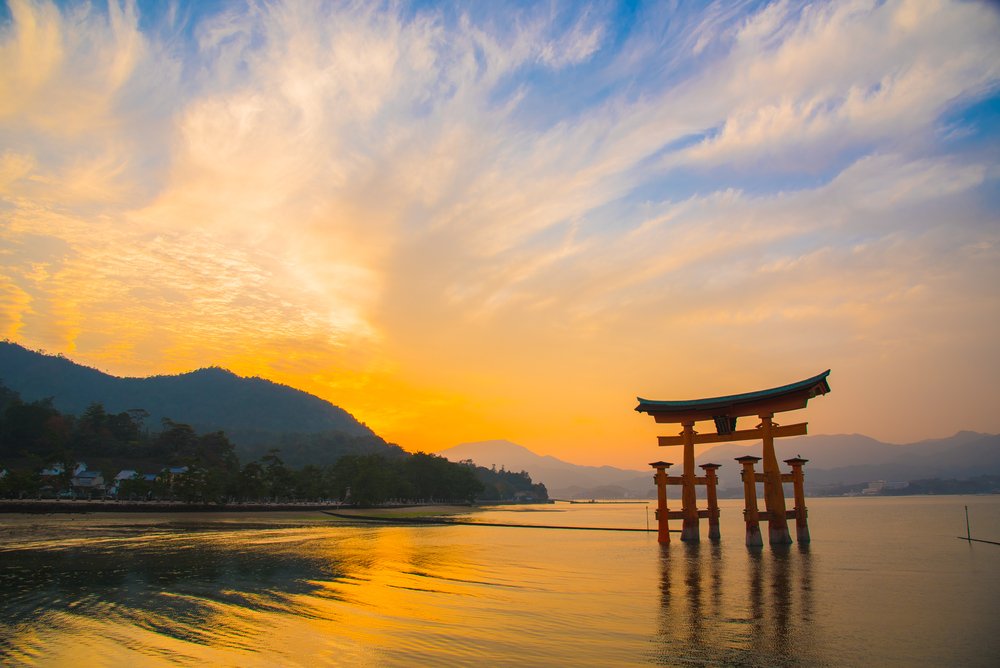
Broadened Perspective:
Learning about Japanese culture will widen your perspective and broaden your understanding of the world-at-large. It’s an ancient civilization with layers and layers of history, customs, skills and enlightenment – and there is something to take away from each experience you have in Japan.
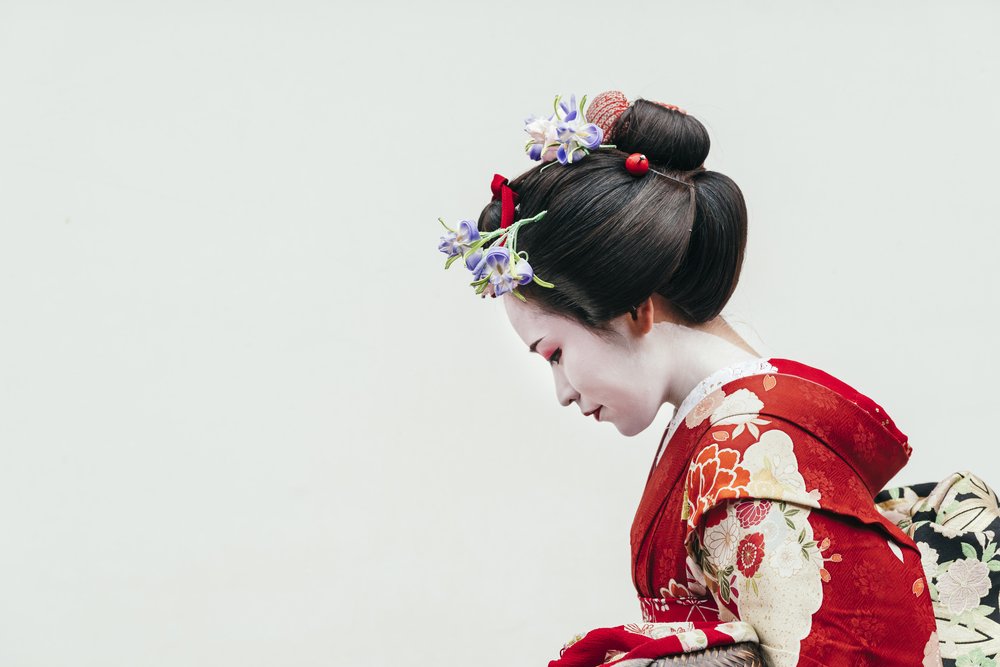
Mindfulness
Japanese people tend to live in the moment, being mindful of their surroundings at all times. From landscape to rituals, greetings and even weather, you’ll begin to notice the world around you in tangible ways. This present-moment awareness has been deeply embedded in the Japanese psyche for centuries. You’ll feel it in tea ceremonies, haiku poetry, cherry-blossom viewing, Zen gardens and onsen hot springs.
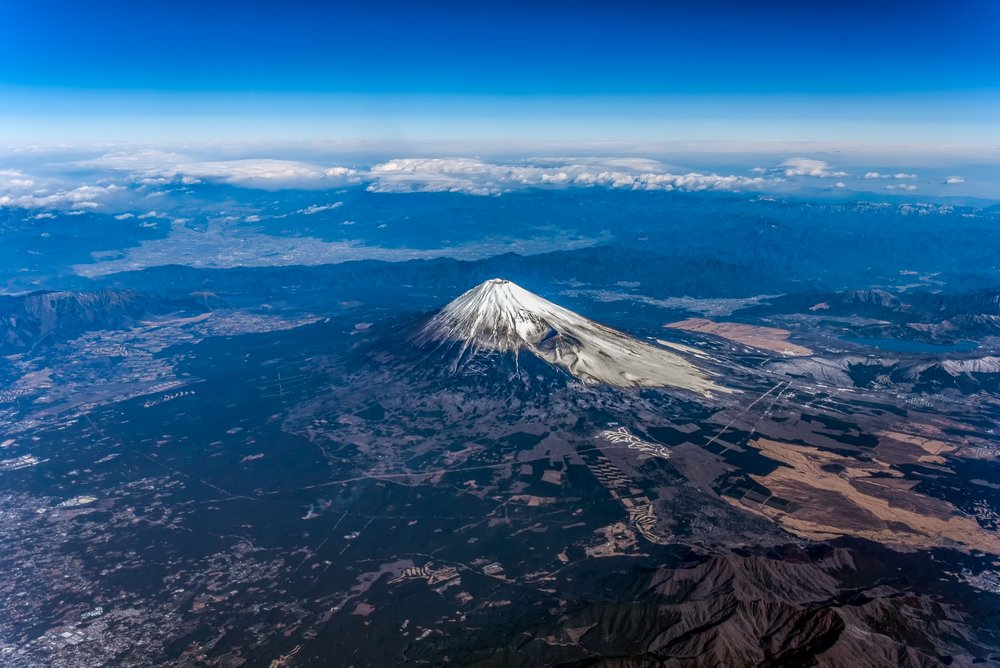
Politeness and Respect:
Japan is a society that lives and breathes politeness and respect, whether toward visitors or other locals. It springs from the concept of teinei, which runs much deeper than surface actions such as holding a door for someone or saying “please” and “thank you.” It reflects a foundational sense of caring and gentleness, putting others before yourself and giving them a place of honour. It’s the ultimate form of respect, which is the backbone of Japanese culture.
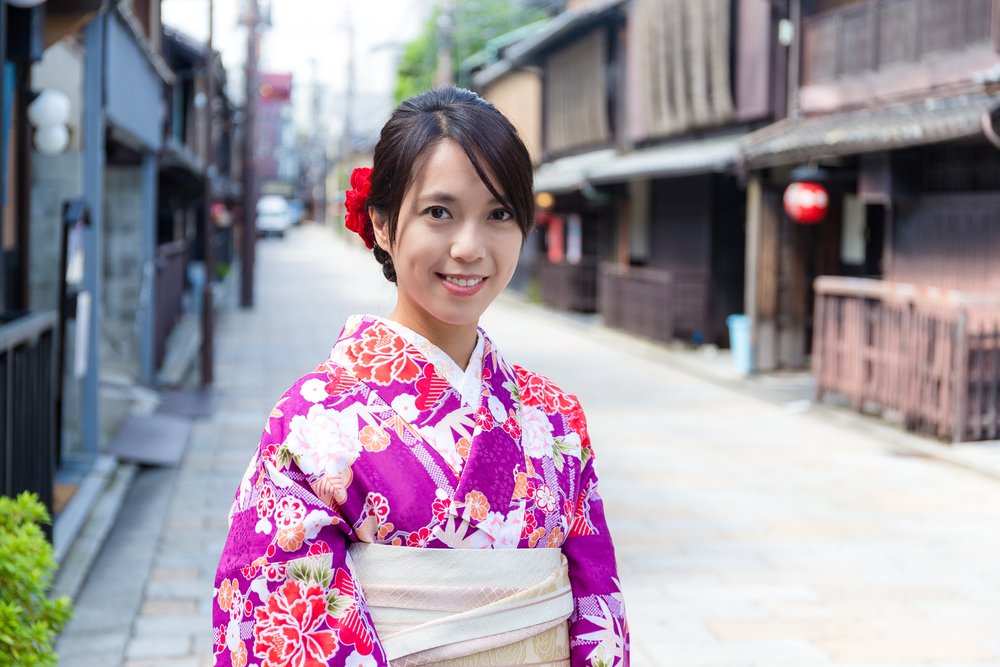
Love for Nature:
It would be hard to leave Japan without a newfound connection with nature. In addition to being surrounded by nature at every turn, you’ll find many outdoor activities that cultivate a love for natural, organic experiences. There are thousands of open-air onsens, which are healthful, rejuvenating hot springs for bathing. Another popular ritual is “forest bathing,” known as shinrin-yoku, which involves relaxing in a forest bath while breathing in phytoncides from trees. These are wood-based essential oils containing antimicrobial volatile organic compounds such as α-Pinene and limonene, known for health benefits, relaxation and stress reduction.
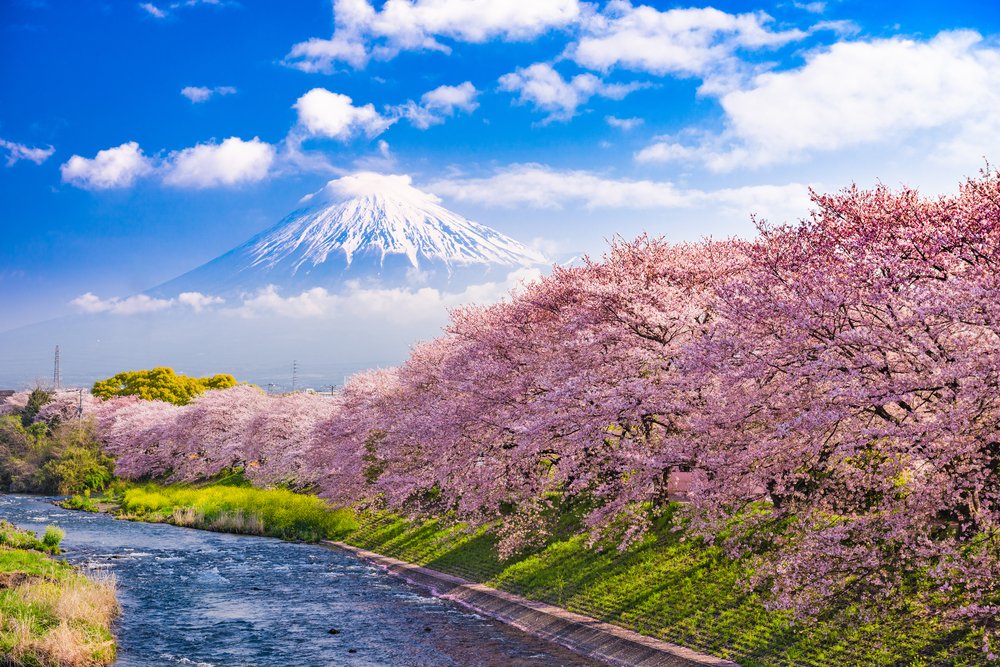
Smaller Footprints:
Travelling to Japan can also encourage you to leave smaller footprints through waste reduction and clean living. From early childhood, Japanese students practice clean living through gakkou souji, a form of daily school-cleaning rituals. In a book titled “The Life-Changing Magic of Tidying Up,” modern-day cleaning and organization guru Marie Kondo teaches practices such as KonMari as a way of achieving serenity and inspiration from a well-ordered life.
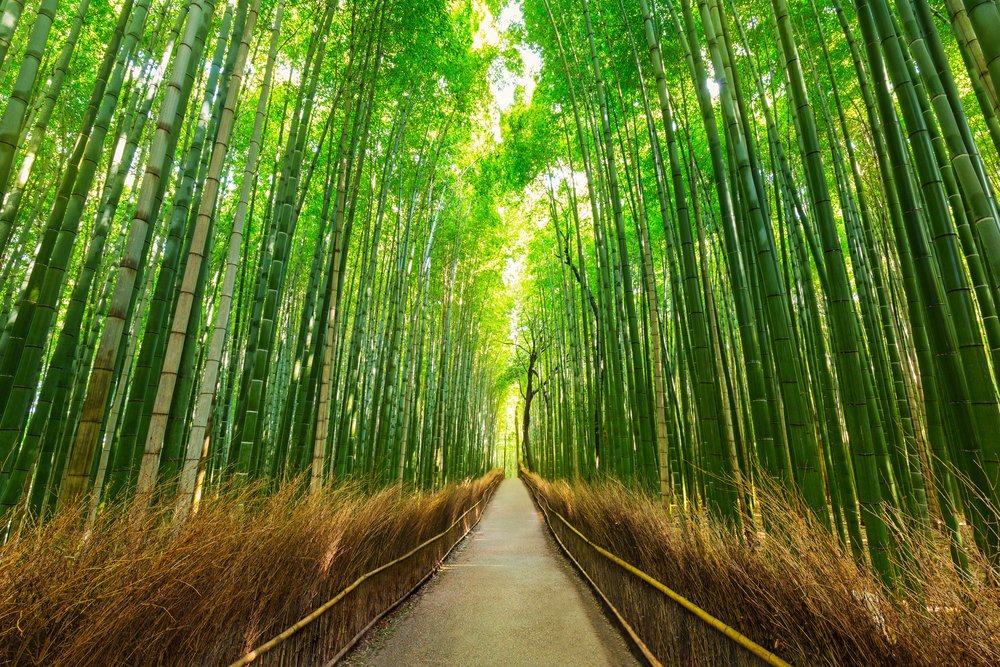
Mottainai Principles: Reduce, Reuse, Recycle, Respect
The term mottainai refers to something that has too much value to be wasted. It’s not just about recycling and reducing solid waste, but has a deeper meaning that challenges us to consider the value of the things around us. This can include people, animals, plants, water and soil, all of which are not to be taken for granted or abused. Again, it’s all about respect –for yourself, others and the environment.
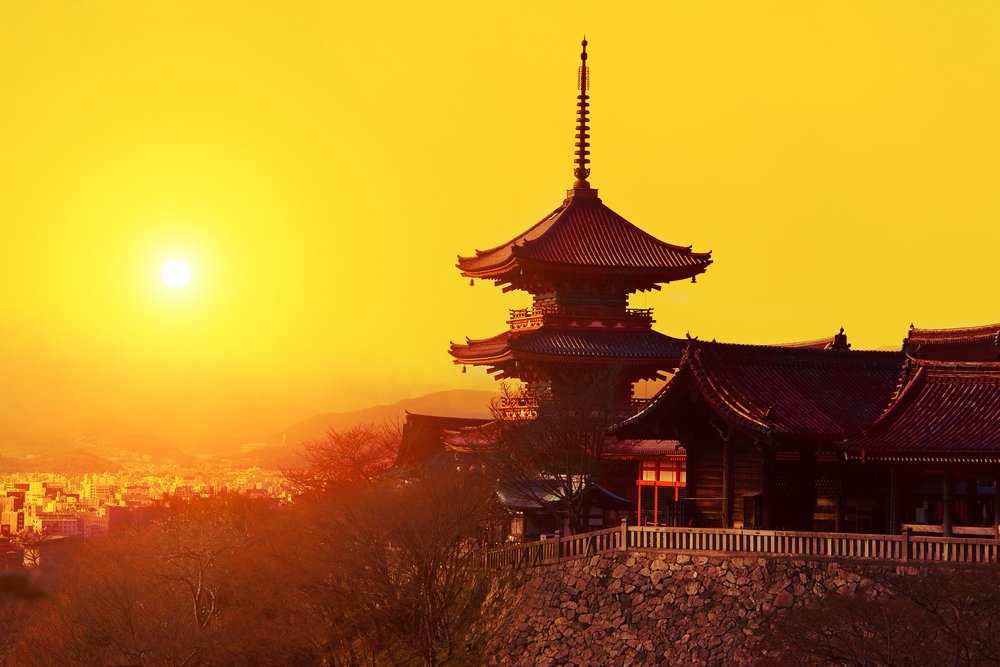
A journey to Japan will invariably be multi-faceted, encompassing temples, centuries-old architecture, sleek shopping venues, nightlife, elaborate festivals and first-class eateries. Just remember that beneath it all lies deeply held convictions of honour, respect, patience, mindfulness and appreciation for life. That’s exactly why traveling to Japan will make you a better person.



